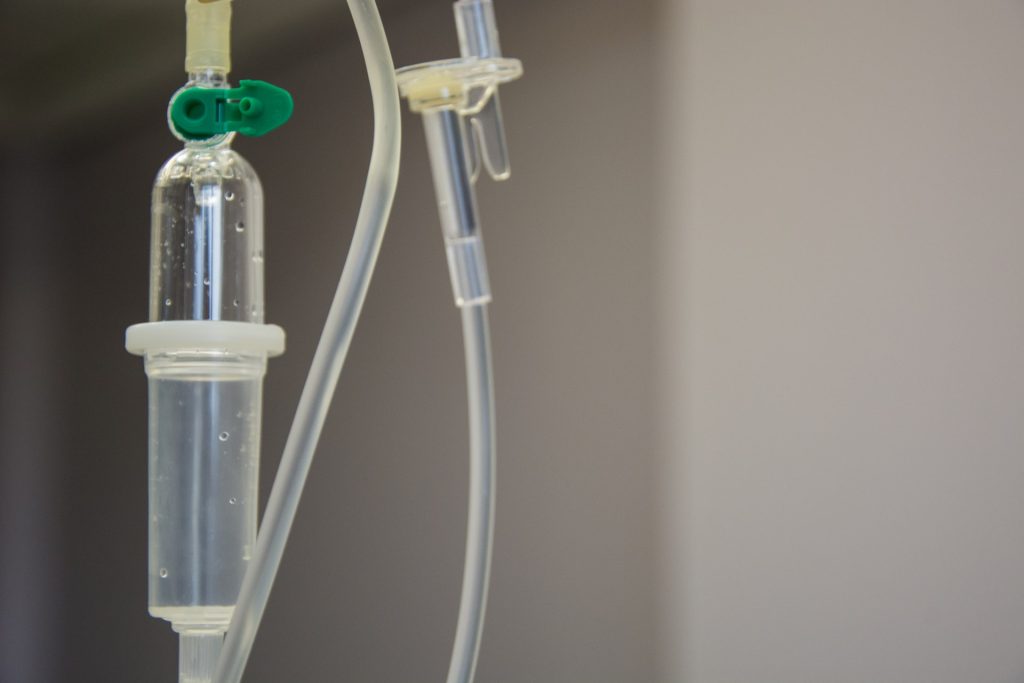Short-course Antibiotics are Game-changers for Healthcare

Antibiotic overuse is a key driver in the rise of antimicrobial resistance (AMR), a major global health crisis. Researchers from the Yong Loo Lin School of Medicine, National University of Singapore (NUS Medicine) and Duke-NUS Medical School have provided compelling evidence that short-course antibiotic treatments can be a game-changer in tackling ventilator-associated pneumonia (VAP), a serious infection common in critically ill patients.
The findings from the landmark REGARD-VAP trial, published in Lancet Respiratory Medicine, and the accompanying economic analyses published in Lancet Global Health, highlight how prudent antibiotic use can curb resistance, effectively safeguarding patients as well as combatting the global threat of antimicrobial resistance while reducing healthcare costs.
Led by the NUS Medicine research team, the clinical trial examined over 450 patients across intensive care units (ICUs) in Singapore, Thailand, and Nepal. Results revealed that short-course antibiotics. carefully tailored to individual patients’ recovery, are just as effective as traditional longer treatments in preventing death and recurrence of pneumonia. “By shortening the duration of antibiotics, we can reduce the risks of side effects and resistance without compromising patient outcomes,” added Dr Mo Yin, Junior Academic Fellow at the Department of Medicine, NUS Medicine, and principal investigator of the clinical trial, and co-author of the economic analysis.
The economic analyses accompanying the trial were just published in the prestigious journal Lancet Global Health. They demonstrated that adopting short-course antibiotics offers significant value for healthcare systems. In Singapore, the strategy is cost-saving, reducing hospital expenditure while maintaining excellent outcomes for patients. In Thailand and Nepal, short-course antibiotics were highly cost-effective, with health gains outweighing the modest additional costs incurred. “Short-course antibiotics are a pragmatic solution that benefits patients and healthcare systems alike, particularly in resource-limited settings,” said Assistant Professor Yiying Cai, lead researcher from the Health Services and Systems Research Programme at Duke-NUS.
The REGARD-VAP study’s findings have practical implications for hospitals worldwide. Short-course antibiotics can streamline treatment in ICUs, where managing infections efficiently is vital. The approach is effective across high-income (Singapore), middle-income (Thailand), and low-income (Nepal) settings, making it a scalable solution for diverse healthcare systems. These results provide robust evidence including cost-effectiveness data for policymakers to adopt short-course antibiotics into national and institutional guidelines.
The team hopes to disseminate their findings globally to encourage the adoption of short-course antibiotics, particularly in regions with limited resources. They also advocate for integrating cost-effectiveness studies into future clinical trials to strengthen both clinical and economic decision-making processes. By reducing unnecessary antibiotic exposure, short-course treatments help preserve the effectiveness of existing drugs for future generations. Every additional day of antibiotic use increases the risk of drug resistance by 7%. Reducing treatment duration is a critical step in combating this silent epidemic. “Prudent antibiotic use is essential to combat antimicrobial resistance and optimise healthcare outcomes. Our findings make a strong case for adopting short-course antibiotics as the new standard of care,” concluded Dr Mo Yin.
Source: National University of Singapore, Yong Loo Lin School of Medicine


